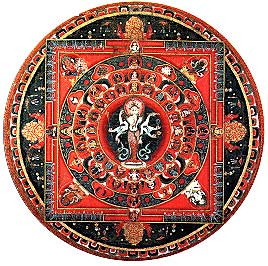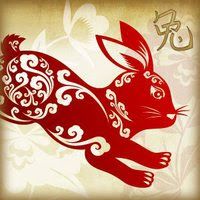
"Is the future post-emergent?" is a sub-heading of an article on religious publishing that I read this afternoon. Skimmed, really. It's hard to focus when you have to get past sentences like "What will the next stage of emergent look like?" -
I just emerged from The Sea, the Sea by Iris Murdoch. Usually, I don't get too far into novels whose characters are despicable, uninteresting, and/or hollow. I felt that way about almost everyone in the book, beginning with Charles, an English actor, egocentric and anal, who has retired to an old house by the sea. To say that Charles is an unreliable narrator would be a giggle-worthy understatement.
Into his picturesque refuge comes a cast of friends, lovers, and relatives - the very people he had intended to leave behind - like so many hungry ghosts. (They are, indeed, hungry. Charles sends them out for food and ruminates on his precious culinary philosophies. Should one should serve apricots dried or hydrated? Charles knows.) They troop in and out of the house like so many stock characters in mediocre plays - all except the one he longs for, his long-lost muse.
Charles may believe that his best role as an actor was Prospero, but I came to think of him as a donkey-headed fool, whose ego and cowardice are far more dangerous (and pathetic) than the brawn of any Caliban.
How did I get past this miserable lot of characters? I realized that the voice of the main character in the book does not belong to Charles. It is the voice of the sea: eternal, self-renewing, non-judgemental - and dangerous when taken for granted.
(Setting-as-character is not that unusual. I just read Rebecca, after all. Isn't Manderley itself a character?)
The Sea, the Sea is structured as Charles's diary and autobiography. Past and present jumble as his guests and his own misapprehensions become as entangled as eel grass. As a narrator, he is quintessentially unreliable because everything, whether animal, vegetable, or mineral, means nothing except as it relates to him. You can trust his descriptions of the sea and the cliffs, but what lies beneath?
After I read this novel, I learned that I am not alone in not being able to latch onto the characters. Others also have found the characters less humans than philosophical principles with shoes.
Still, post-emergent, I find myself thinking about the book from the viewpoint of Charles's cousin James, a soldier and a student of Tibetan Buddhism. James tells Charles about the Bardo, the limbo between life and death, where facing and accepting one's own monsters can free one to enter the realm of the Buddhas, symbolized by the mandala.
When Charles retired from his theatrical life - died, in the eyes of his old world - he sought clarity, but he sought it within his own ego. Does Charles have the humility - or humanity! - to create his own post-emergent future?
(Yes, by the way, I loved the book.)

